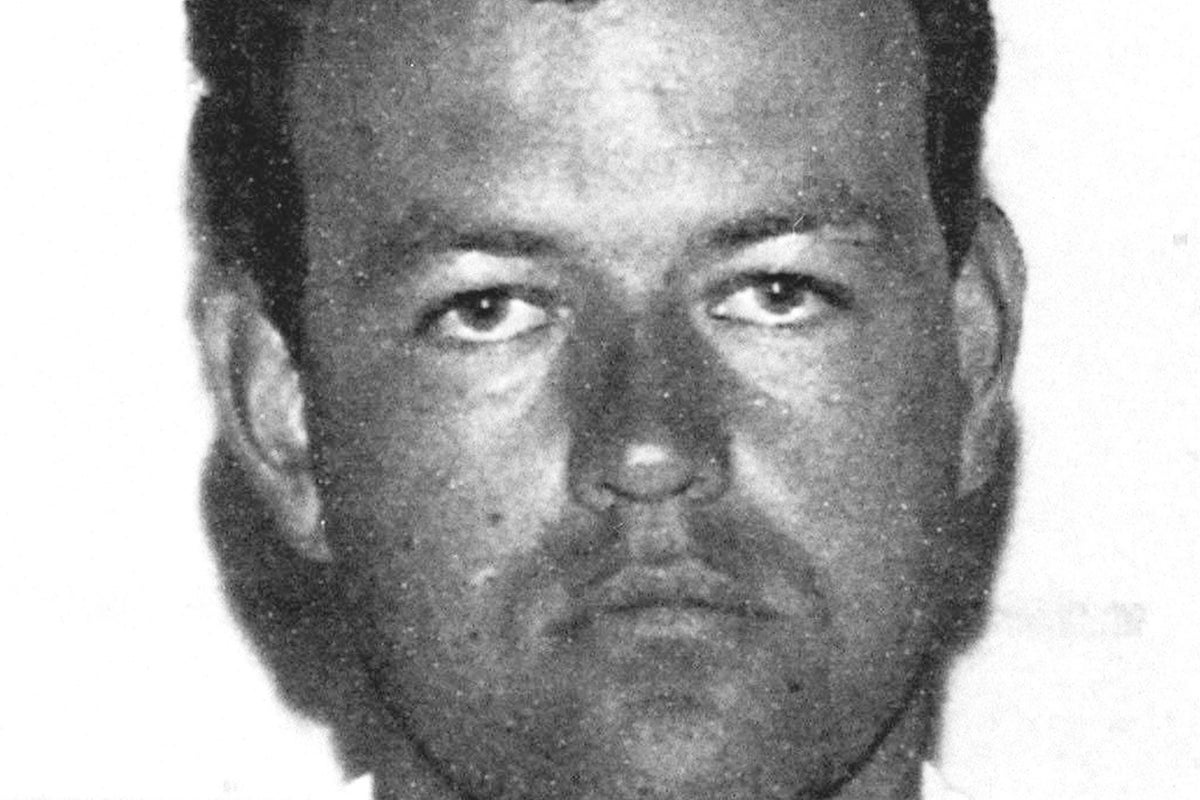
Double child killer and rapist Colin Pitchfork cannot be released from prison, the Parole Board has said.
The 65-year-old was jailed for life in 1988 after raping and strangling 15-year-olds Lynda Mann and Dawn Ashworth in Leicestershire in 1983 and 1986.
The Parole Board decided to keep him behind bars and did not recommend him to be transferred to open prison for the protection of the public.
A document on the decision read: “The panel considered Mr. Pitchfork to only have limited internal controls and poor insight into his risky thinking and behaviour.
“It did not believe that Mr Pitchfork had made sufficient progress in addressing and reducing risk to a level that would be consistent with placement in an open prison.”
Pitchfork lost a High Court bid in February to challenge Parole Board decisions relating to an allegation that he “sexually assaulted another prisoner”, the court heard, ahead of the hearing to decide whether he should be released for a second time.
Last year he was due to face a fresh parole hearing over whether he should be released again, but this was postponed after he launched a legal challenge over the extent of material he has been allowed to see related to “fresh allegations” about his behaviour in prison.
The delayed Parole Board hearing, which determined he could not be released, was heard over four days on March 28, May 15 and 16 and October 3.
Pitchfork was 27 when he became the first man to be convicted in the UK using DNA profiling and was handed a minimum jail term of 30 years, later reduced to 28 years.
In the Parole Board’s assessment, it said previous reviews had found Pitchfork got a “buzz” by sexually assaulting his victims, and he described his violence as pent-up rage which “exploded”.
The panel believed Pitchfork’s risk escalates when he is experiencing life stress or the breakdown of a relationship, which feeds into his “grievance” towards women.
Pitchfork was first released from prison in September 2021 but was back behind bars two months later after breaching his licence conditions, when he approached a lone woman while litter-picking.
The Parole Board later found in June 2023 that the decision to recall him to prison was flawed and that his detention was no longer necessary for public safety.
But this ruling was blocked by then-justice secretary Alex Chalk as he called for the decision to release Pitchfork to be reviewed, which kept him in jail.
The Parole Board said that after his recall to prison, Pitchfork was noted to be “very frustrated” and there were concerns last year about his behaviour and breaches of prison rules, which led to him losing employment.
The panel added: “The panel considered a fresh allegation that had been made against Mr Pitchfork in respect of his conduct in custody towards a younger prisoner.
“On the balance of probabilities, it was satisfied that Mr Pitchfork had behaved in the way that had been alleged.”
None of the professional witnesses who gave evidence at his parole review supported his release.
The panel also considered a 2,000-page dossier prepared by the justice secretary.
The review said Pitchfork’s crimes between 1979 and 1986, which also included two offences of indecent assault where the “victims managed to escape with their lives”, were well known because of their “shocking nature”.
The prosecution described the rape and murder of the two 15-year-old girls who were strangers to him as “sadistic attacks”, it added.
Victims of Pitchfork were able to observe proceedings at the May 15 and 16 hearings, following reforms introduced in April to boost confidence in the justice system.
